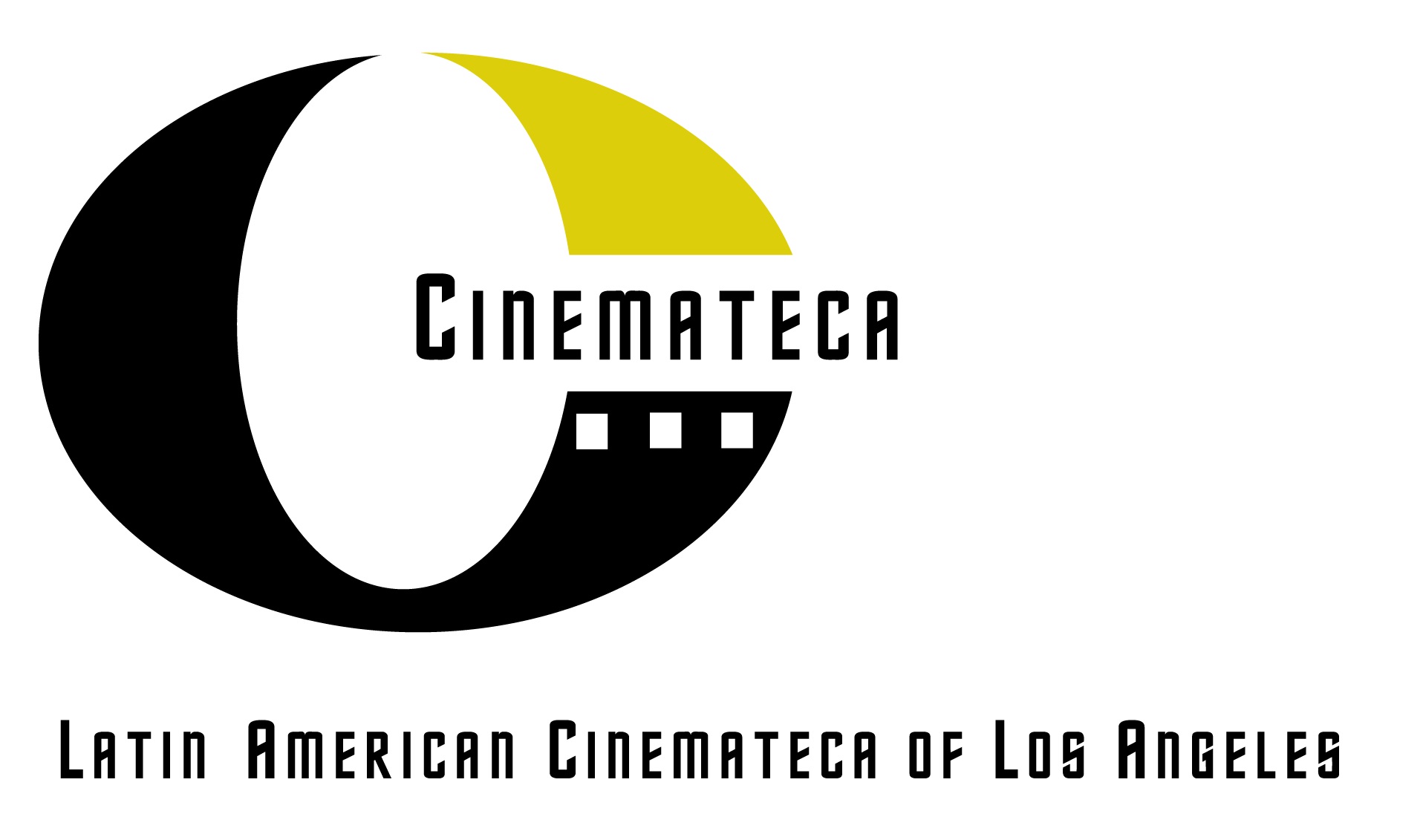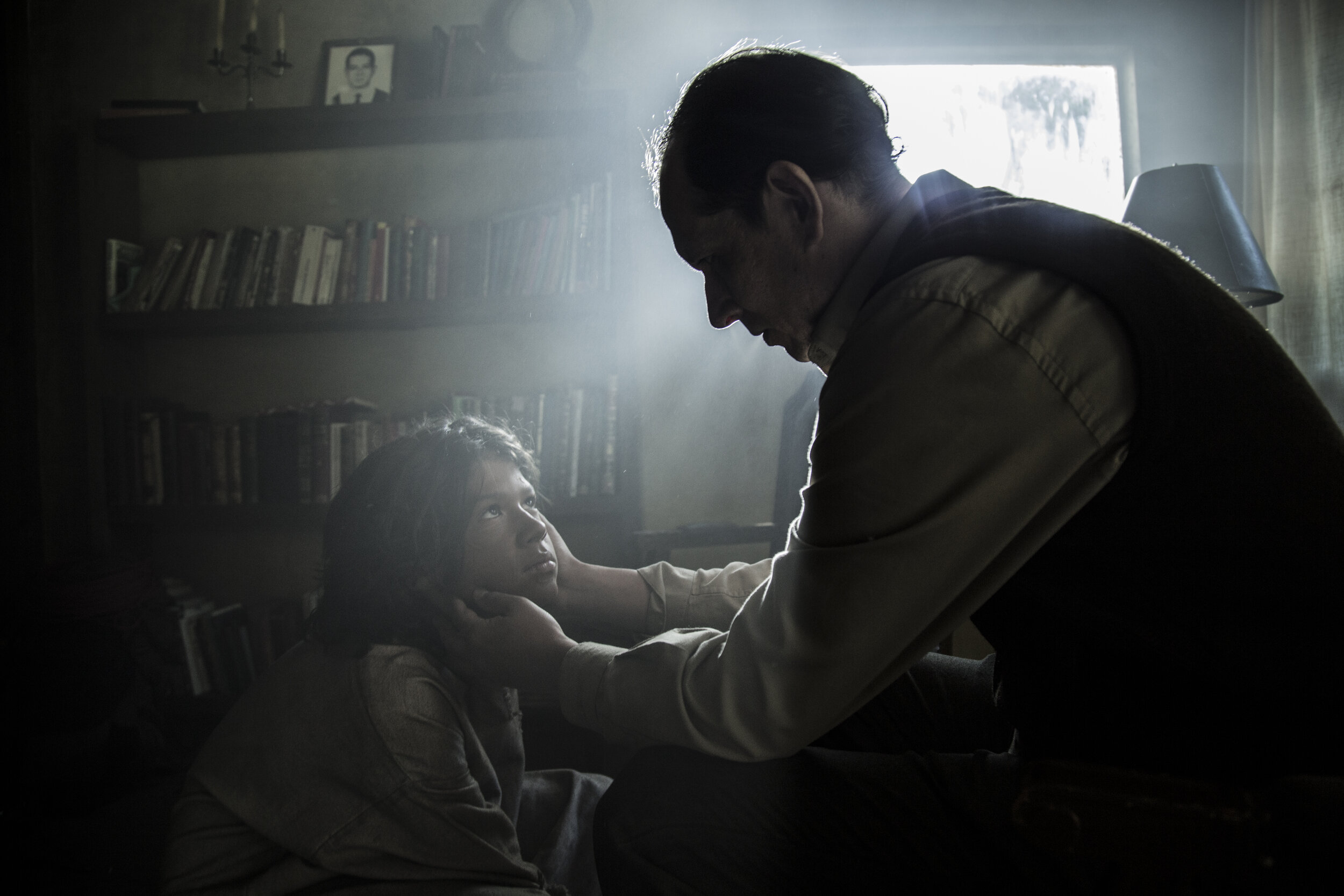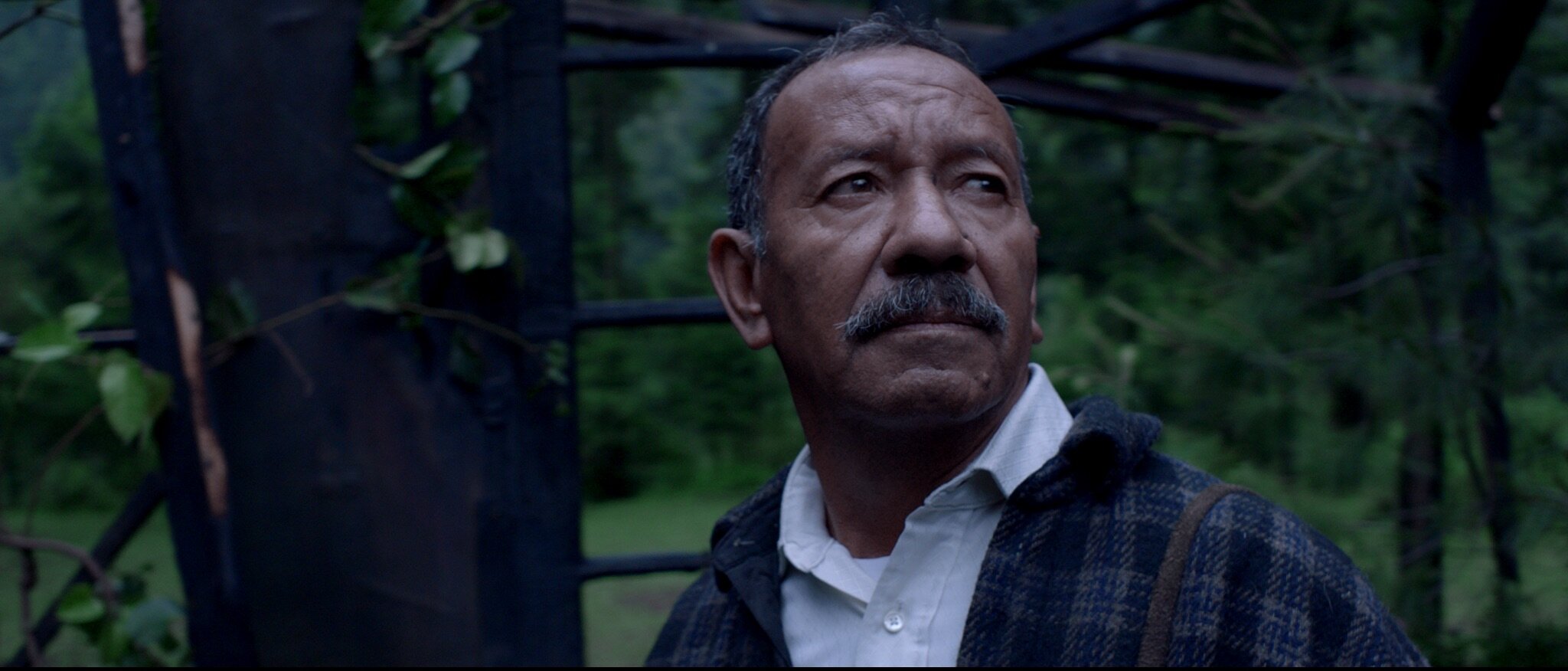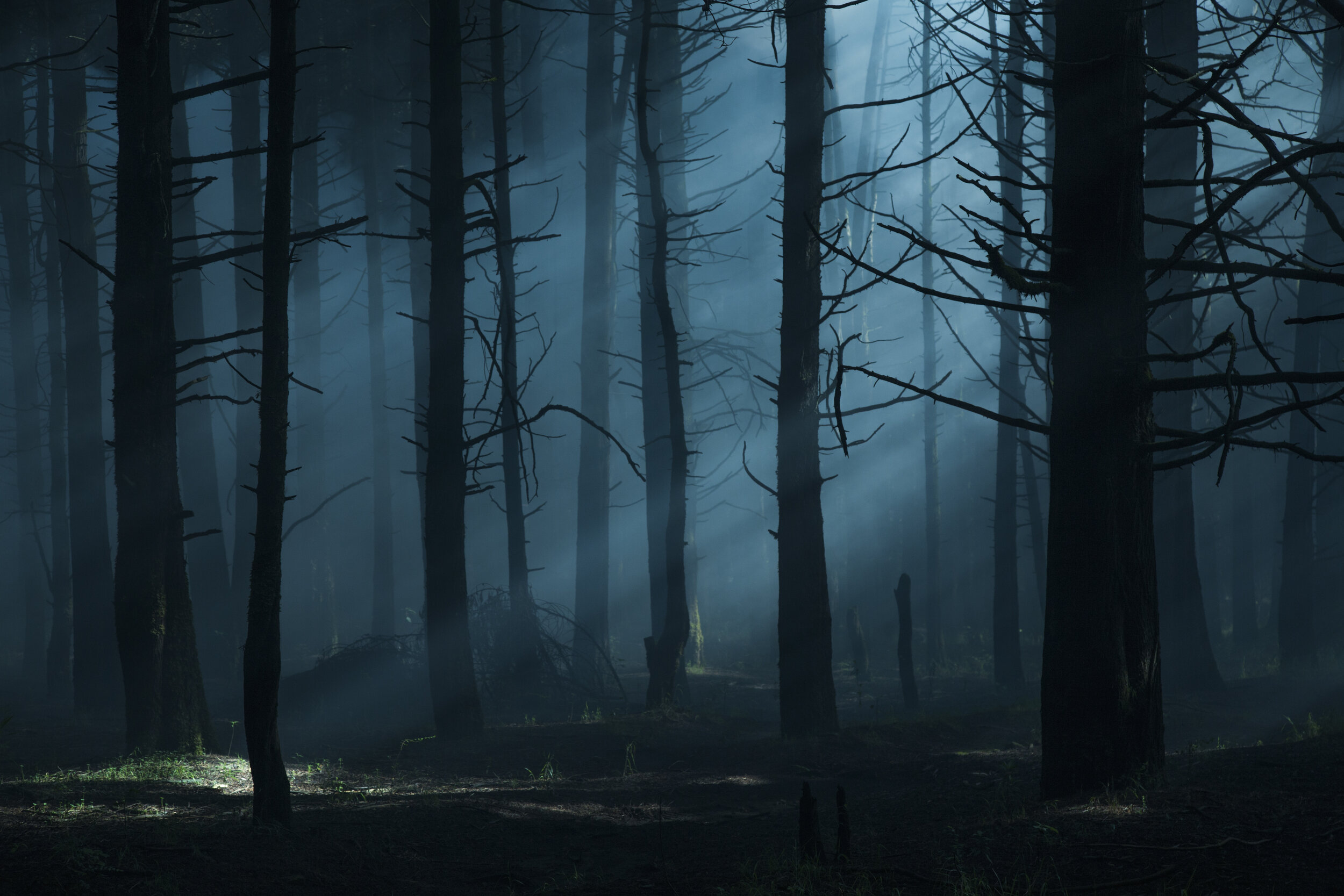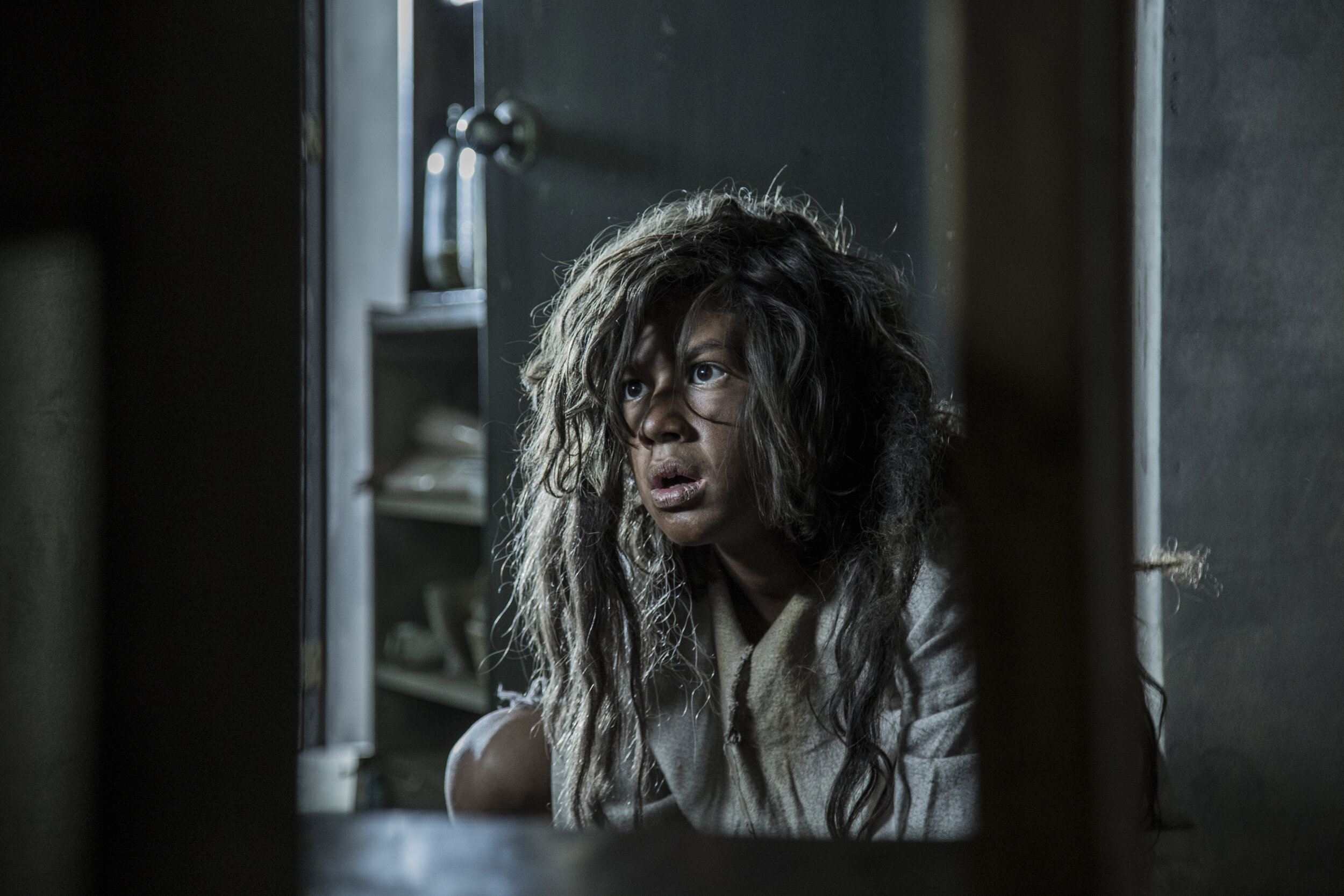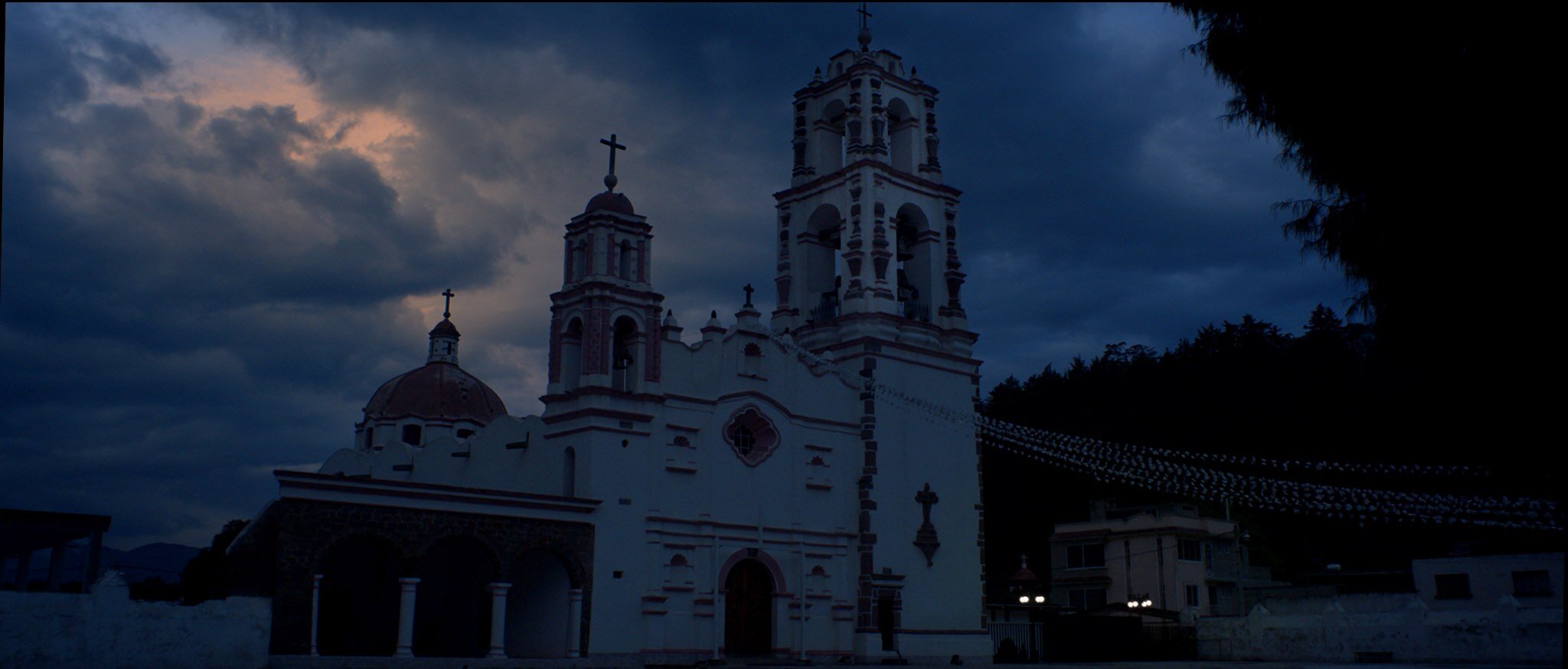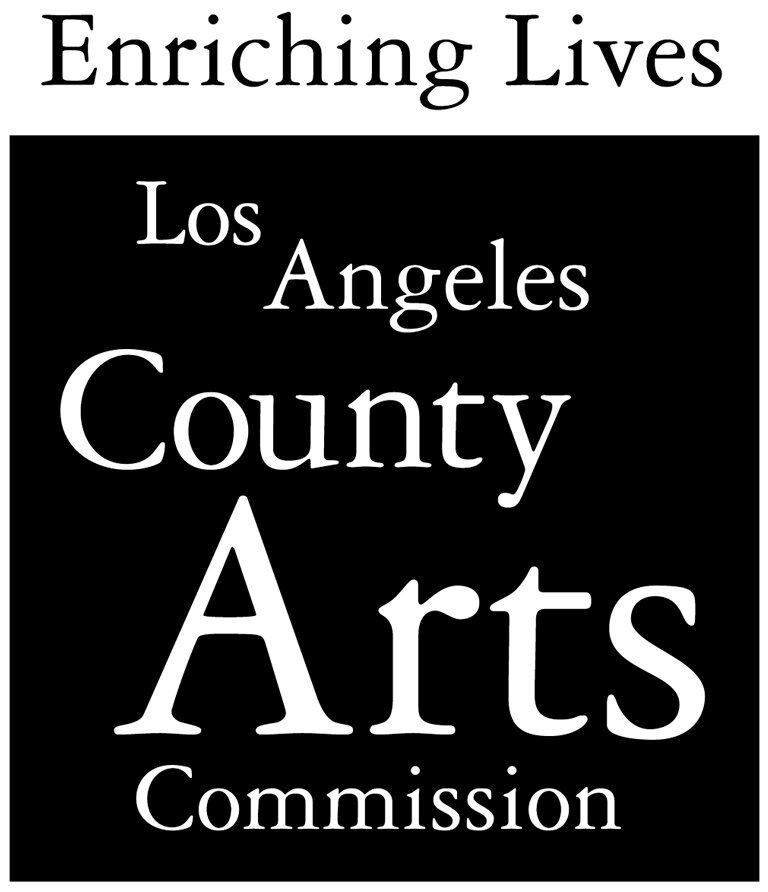2nd Annual
Cine Nepantla
The concept of Nepantla refers to the experience of living in-between two or more cultures. Nepantla originated in the sixteenth century from Nahuatl, an Uto-Aztecan language, to describe the “in-between-ness” Mexicas (Aztecs) felt under Spanish colonization. The concept was further developed by Chicana theorists, most notably Gloria Anzaldúa who described Nepantla as a site of transformation where multiple and different perspectives come into contact. According to Anzaldúa, it is through the exchange of ideas, tenets, and identities that actual change in the world has the potential to occur. Building from this concept, Cine Nepantla aims to create a space in which meaningful dialogue among audiences of different socio-economic backgrounds, races, ethnicities, ages, abilities, genders, sexualities, nationalities, and religions can take place and effect change.
About the film
Somewhere in the Oaxacan mountains are the burnt-out remains of a shelter that housed a psychoanalyst priest who was obsessed with rehabilitating savage children to place them back into society. Through videotape diaries, we’re treated to a portrait of a man whose singular pursuit of this goal saw him excommunicated from the church he holds dear, separated from society, and plagued by a self-doubt which chipped away at his humanity. However, a more sinister picture begins to emerge as interviews with individuals from the nearby village and his close family appear. It’s a dark secret that may hold the key to the disappearance of the priest and the destruction of the shelter.
Kaiser’s clever found-footage documentary weaves a spellbinding tale by eschewing jump scares in favor of deep character exploration that threatens to spill into malevolence at any moment. Examining questions of blind faith, trust, and doubt, Kaiser explores the individual in relation to the church through a critical lens that highlights the hypocrisies prevalent within religion, and builds on the idea of the “other,” an ostracized figure both feared and reviled.
The videotape diaries reveal conflicting elements: the nobility of the disgraced priest’s mission at odds with the unnatural goings-on that appear at the edges, leaving the audience unsettled. Holding his cards close to his chest, Kaiser keeps the truth hidden as long as possible, hinting at the horrors that lay buried deep within the film. A small cast of remarkable actors helps keep the atmosphere taut, tight, and frightening in the build-up to a haunting and unforgettable climax. A brilliant, intriguing debut that marks Kaiser as a talent to watch.
About the director
Mexican director, writer and editor Andrés Eichelman Kaiser studied directing and film writing at Escuela Superior de Artes y Espectáculos in Madrid, Spain. After returning to Mexico, he worked as an assistant editor for the film Rudo y Cursi (2008) by Carlos Cuarón. A year later, he wrote, produced and edited the short documentary En algún lugar, which is about the migration of Central Americans to Mexico. It was presented at the Festival Internacional de Cine Documental in Mexico City, the DOCSDF, in 2010. His directorial debut comes with Feral (2018), which was screened at the Festival Internacional de Cine in Morelia, MX in 2017. Most recently, Kaiser has been working on the horror film Preciosísima sangre, which takes place in 18th-century Mexico and follows a priest sent to investigate a series of strange murders that have taken place within one of the convents of the church.
Location
Date & Time
March 26 - 28, 2021
Extended until April 5, 2021
Ticket prices
$5
Meet the LACLA Program Manager
GUIDO SEGAL
Guido Segal
Born in Buenos Aires, Argentina, Segal moved to Los Angeles to pursue his MFA in Screenwriting at UCLA in 2016. He has worked as a journalist and a film critic in Argentina and Spain and was a Jury Member at la Semaine de la Critique during the 2014 Cannes Film Festival. Segal worked as a documentary filmmaker for History and Discovery Channel and has considerable experience as an assistant director and screenwriter in Argentine films. He co-wrote the films Leones (2012), and Kékzsakállú (2016), both of which premiered at the Venice Film Festival. He was staffed in three Argentine TV shows: Un año para recordar, La Asombrosa Excursión de Zamba and Siesta Z, which was selected for the Power to the Pixel conference in London. His screenplays have been nominated for two International Emmy awards and have won one Martin Fierro award. Segal has taught Screenwriting and Film Analysis at Universidad del Cine (Buenos Aires), Universitat Pompeu Fabra (Barcelona), TAMK University (Tampere, Finland) and UCLA, which selected him as a Telluride Film Festival FilmLab Fellow. In 2019, he was a fellow at the Tomorrow's Filmmakers Today program hosted by Hola Mexico and HBO. His feature films Curupira and Dark Star will premiere internationally in 2022. He is currently the Program Director for the Latin American Cinemateca of Los Angeles (LACLA).
Meet The LACLA Technical Crew
Mariluz Gonzalez Vesper - Public Relations
Laura Sófia Perez - Graphic Design
Melania Rodriguez - Online Programming
Danny Ruelas - Website Administrator
